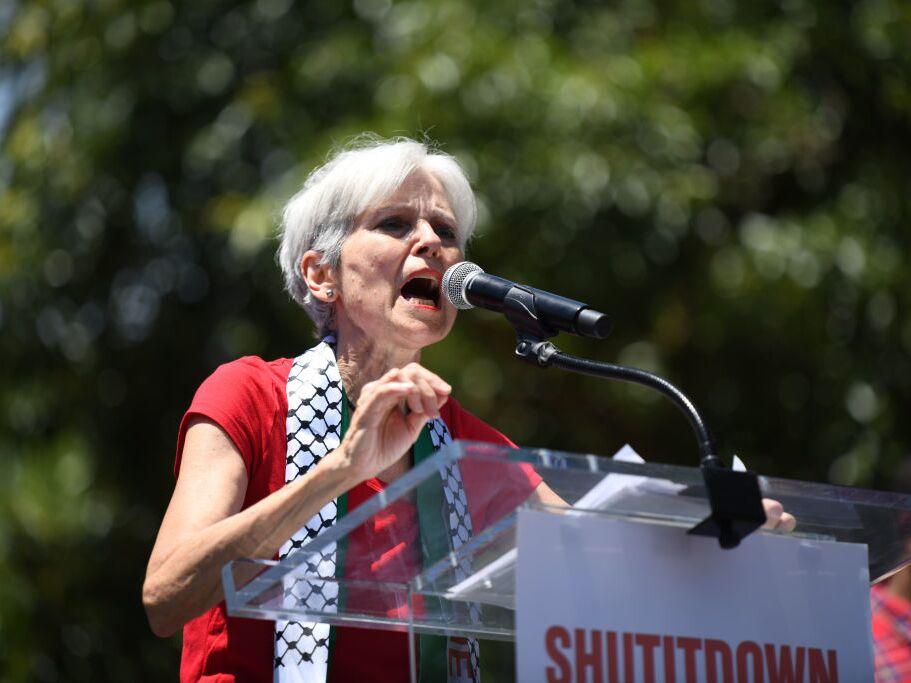Section Branding
Header Content
Supreme Court rejects Green Party's appeal to put Jill Stein on Nevada ballot
Primary Content
The U.S. Supreme Court on Friday allowed Nevada to block the Green Party’s presidential candidate Jill Stein from the 2024 ballot. The court’s action upheld a decision of the Nevada Supreme Court.
In an unsigned, one-sentence order, the court said: "The application to vacate injunction presented to Justice Kagan and by her referred to the Court is denied."
Under Nevada law, if minor political parties, like the Green Party, want to appear on the general election ballot, they are required to gather signatures from registered voters, using the minor party access form. Importantly, the form has a sworn statement at the top stating that the person gathering signatures believes that each person signing the petition is a registered voter. In July 2023, however, the Nevada Secretary of State’s office incorrectly provided the Green Party with the “ballot initiative” form, which lacks the sworn registration statement.
When the secretary of state’s office certified the Green Party for the ballot, the state Democratic Party challenged that decision, pointing out that the wrong form was used and that the signatures were therefore invalid.
The Nevada Supreme Court ultimately ruled against the Green Party, declaring that “an unfortunate mistake” does not rise to the level of a constitutional violation.
The Nevada Green Party promptly asked the U.S. Supreme Court to block the state court’s decision, arguing that the U.S. Constitution’s guarantee to due process of law does not permit the Nevada to penalize a party for following incorrect instructions.

